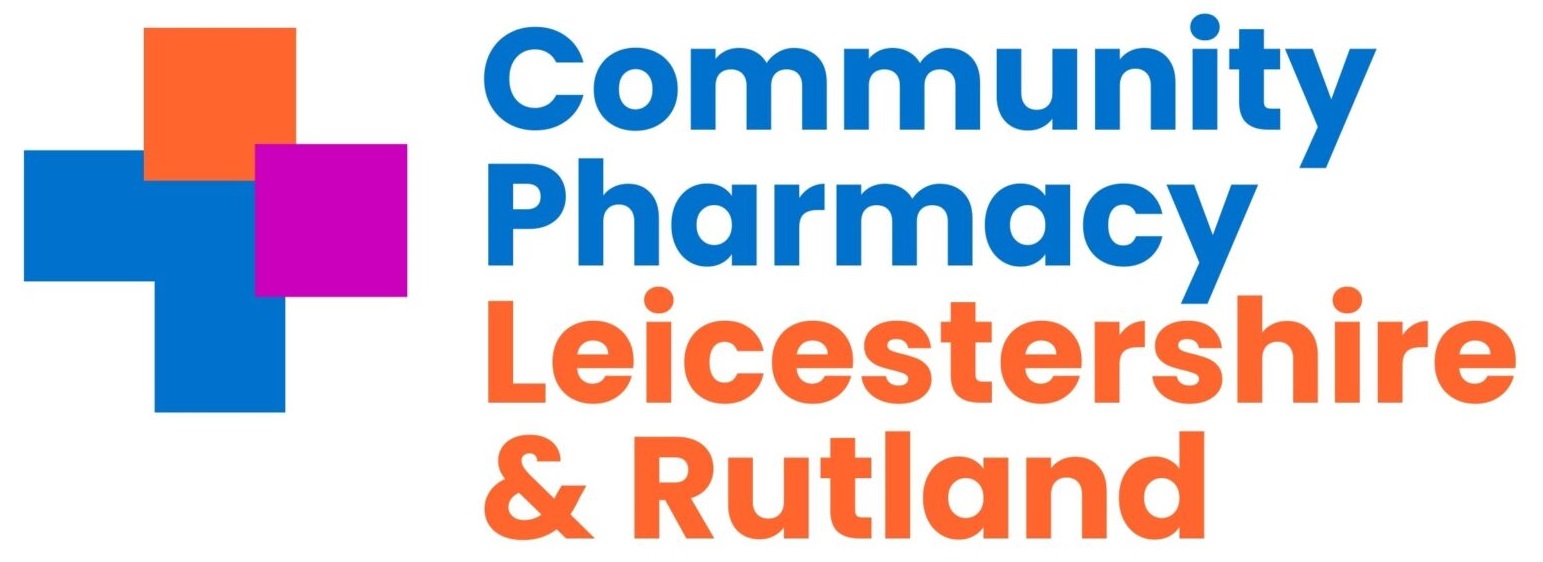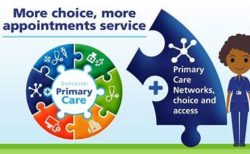PCN – Primary Care Networks
Primary Care Networks (PCNs) are a key part of the NHS Long Term Plan, with general practices being a part of a network, typically covering 30,000-50,000 patients.
The networks will provide the structure and funding for services to be developed locally, in response to the needs of the patients they serve. It is important that community pharmacy teams are fully involved in the work of their PCN and this is being encouraged via the Pharmacy Quality Scheme.
The networks will have expanded neighbourhood teams which will comprise a range of staff such as GPs, clinical pharmacists, district nurses, community geriatricians, dementia workers and Allied Health Professionals such as physiotherapists and podiatrists/chiropodists, joined by social care and the voluntary sector’.
What will they do?PCNs will build on the core services available from GP practices, offering more care closer to home in communities rather than in hospitals and supporting patients with long term conditions to better manage their own health. Their focus will be provision of services, not commissioning, providing an approach to strengthen and redesign health and social care by bringing together a range of health and social care professionals to work together more effectively than at present. The vision is that PCNs will have aligned clinical and financial aims and a unified, capitated budget. The PCN will make joint decisions on how the funding is spent, working towards a combined focus on personalisation of care with improvements in population health outcomes. By sharing resources, PCNs will be able to employ a broader range of staff, including pharmacists and physician associates. In addition, they may be able to extend services that are currently only available in one practice within the network, for example, physiotherapy, to all patients. Alternatively, they may offer new services such as ultrasound imaging and mental health therapy. It is hoped that the networks can offer care on a scale which is small enough for patients to get the continuous and personalised care they value, but large enough – in their partnership with others in the local health and care system – to be resilient. |
How will they be resourced?Networks will be guaranteed significant funding over the next few years to transform care across the country. The funding boost, being provided via the revised GP contract, is intended to support established networks and encourage new networks to form. An extension to the GP contract will provide a package of funding to support the creation and staffing of networks, along with a template network agreement to underpin how the general practices work together. Many CCGs will also provide additional funding, as well as support from their staff. NHS England expects the funding to cover the cost of each PCN hiring five clinical pharmacists, three social prescribers, three first-contact physiotherapists, two physician associates and one community paramedic by 2024. |
How will pharmacy be involved?Building on the existing scheme to employ pharmacists in GP practices, NHS England has confirmed that clinical pharmacists will take on an expanded role at the heart of local PCNs. All clinical pharmacists will undertake an 18-month programme of additional clinical training and their priorities will include: • Undertaking medication reviews for patients most in need, including those with dementia, cardiovascular disease and other major conditions; • Improving safety, outcomes and value from medicines through a person-centred approach to safe, effective medicines use; • Providing care home residents and people with learning disabilities and autism, regular clinical pharmacist led medicine reviews; and • Reducing inappropriate antibiotic use. |
How can community pharmacy teams get involved?It is important that community pharmacy teams are fully engaged in the work of PCNs, to optimise their provision of services to patients and because the future development of services will be driven locally by PCNs. Our Local Pharmaceutical Committee (LPC) will be working to try to get community pharmacy teams fully engaged in PCNs, in many cases with a local community pharmacist acting as a lead for the sector in each PCN. LPCs will need the support of pharmacy contractors and their teams to make this happen. NHS England sees the initial priorities for community pharmacy engagement in PCNs to be supporting the provision of integrated urgent care services, such as NUMSAS and DMIRS, and helping work on prevention, such as provision of public health interventions and services, building on the work of Healthy Living Pharmacies. These priorities are also likely to be reflected in discussions on changes to the community pharmacy contract in 2019/20. Locally, other priorities may be agreed with PCN leaders, which may initially include optimising the provision of existing services, such as MUR, NMS and electronic repeat dispensing. |
What do community pharmacy teams need to do now?It is important that community pharmacy teams stay up-to-date with local and national changes to the NHS, so they can best understand how their services can be developed to meet the needs of patients and the NHS. Keep an eye on our LPC’s website and the PSNC website for news and updates on PCNs and the evolving NHS. Additionally, community pharmacy teams should consider how they can develop or enhance their relationships with other local health and care providers, particularly GP practices, for example, using the Walk in my Shoes approach. Talk to us to find out how we can assist with this and what you can do to help us engage community pharmacy in the work of PCNs. Further information on PCNs can be found at the top of this page; in the ‘Documents and Resources’ section, or on the PSNC website. If you have further questions regarding this briefing or you require more information, please contact the us or the PSNC Services Team. |

